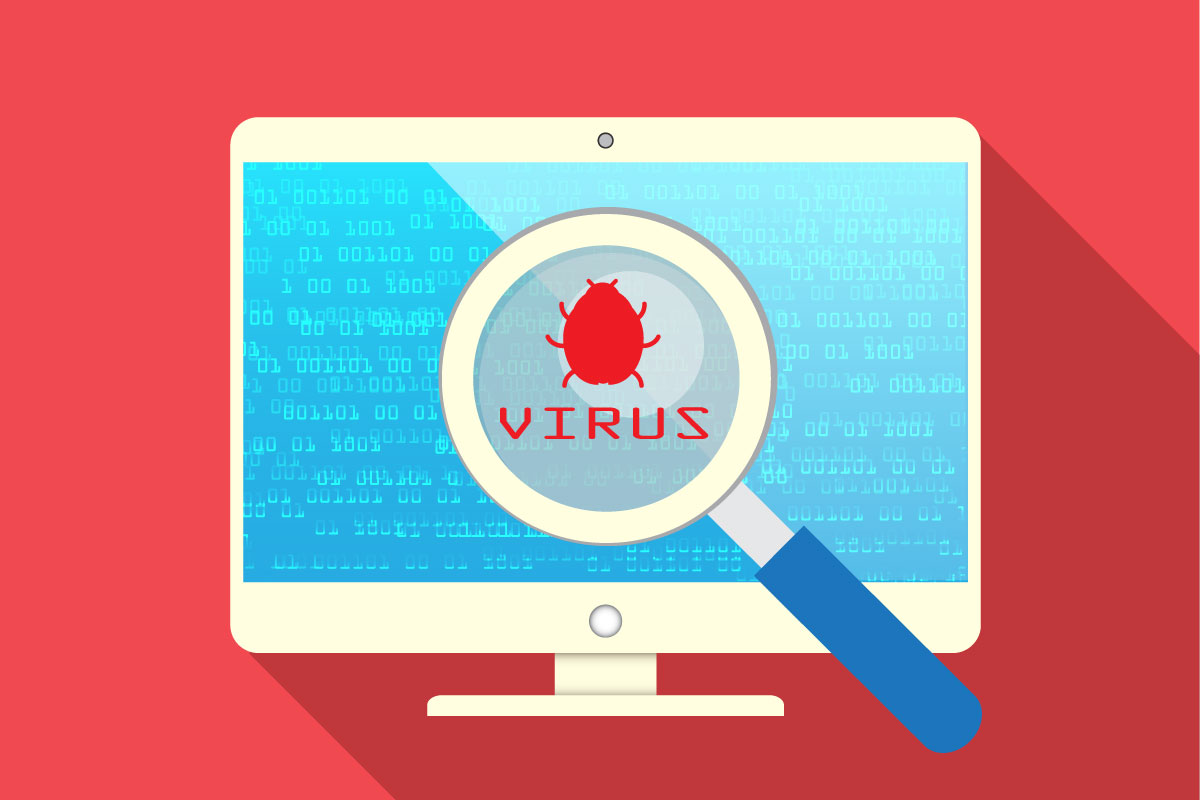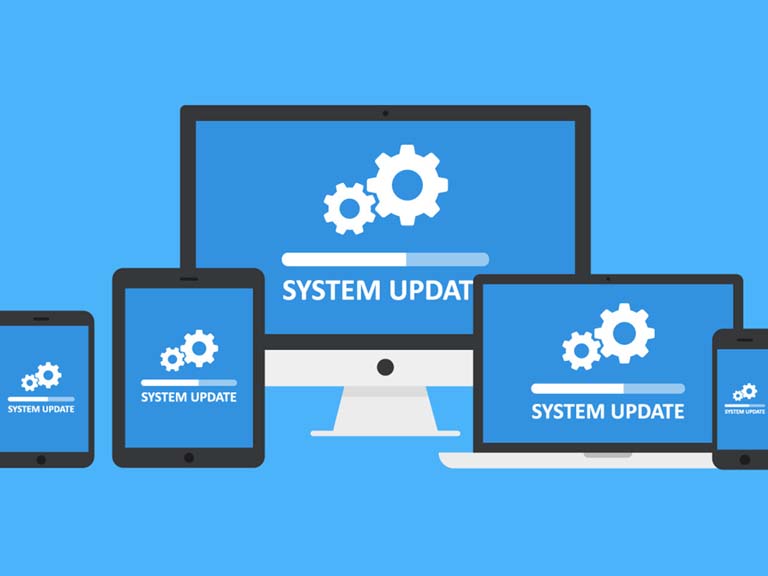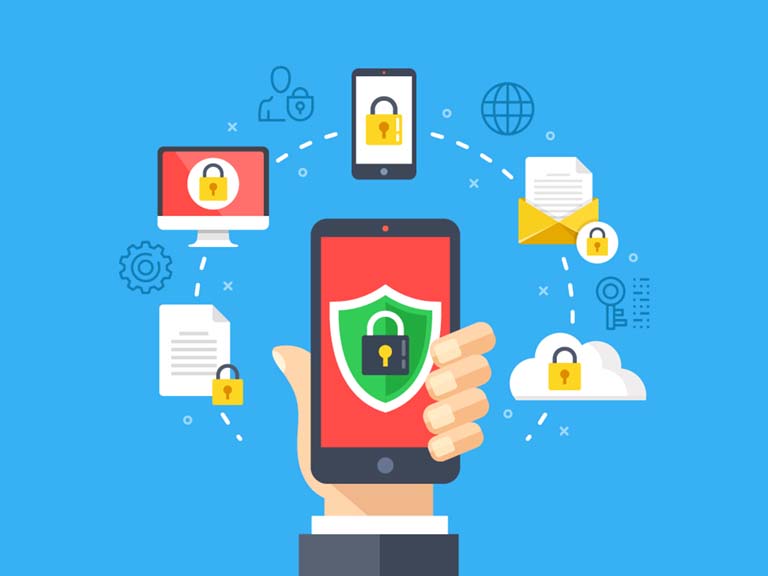Antivirus program: Protection against malicious software
An antivirus program is a virus scanner that detects and removes current and known malware such as viruses, worms, trojans, etc. In this article, you will find answers to the most common questions.

Frequently asked questions about antivirus programs
Why is an antivirus program necessary?
Today, several malware programs enter the world every minute, and the methods attackers use to infect computers are becoming more and more sophisticated.
Even with the utmost caution, you may accidentally visit a malware-infected website, open an infected email attachment, or use a USB flash drive that contains malware.
The antivirus program protects by scanning every file on your computer - no matter how it got there. Besides, it scans all the data that you - consciously or unconsciously - download to your device.
On which devices is an antivirus program appropriate?
Although there is malware for all operating systems, not all are equally affected. Windows is the most commonly used operating system and is, therefore, the most affected. In contrast, there is little malware for macOS and Linux/Unix. In fact, the number of malware per operating system roughly corresponds to its market share.
Anyone who owns a Windows computer should use an antivirus program in any case. The included Windows Defender offers very good protection and is sufficient in most cases. With macOS and Linux, an antivirus program is not necessary. If data is frequently exchanged with other computers, an antivirus program for macOS or Linux can still be useful. Especially to prevent the spread of malware for other operating systems.
In the case of smartphones, the use of an antivirus program is not appropriate. The operating systems, especially iOS, are very secure, and the official app stores check that apps do not contain malware before publishing them. Therefore, install apps only from the official app stores and check which personal data an app wants to access before installing it.
Is a third-party antivirus program necessary?
Meanwhile, antivirus programs that come with the operating system provide very good protection (e.g., Windows Defender). Therefore, it is not necessary to install any additional or different antivirus programs. Moreover, it is not recommended to run two antivirus programs simultaneously because there is a risk that they will block each other. In any case, it is important to make sure that an antivirus program is active.
If the operating system does not have an integrated antivirus program and the use of one is appropriate (e.g., frequent data exchange), then a third-party antivirus program makes sense. The independent test institute AV-Test continuously tests the popular providers.




